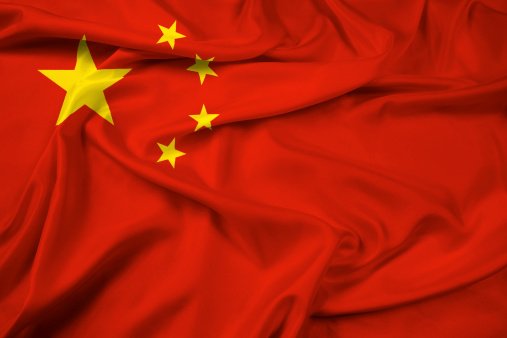The China State Administration for Market Regulation (SAMR) published its 2022 Legislative Plan on April 26, 2022. The Plan outlines 69 legislative projects, comprising 14 laws and administrative regulations, as well as 55 departmental rules, with the majority of them dealing with food and drug safety, intellectual property, monopoly, trade secrets, and industry standardization. To represent their priority, projects are classified into two categories: Category I (36) and Category II (33).
The SAMR requires that drafts of the enumerated laws, administrative regulations, and departmental rules be submitted for compliance checks and internal examination by 30 June 2022, before being subjected to further consideration at the SAMR by the end of this year. Projects under Category II, on the other hand, have no set date.
In theory, if a Category I project does not meet the June 30 deadline, it will be downgraded to Category II. This can occur if a legislative effort is put on hold or if the document is returned to the drafter for any of the following reasons:
- drastic changes;
- the great divergence over the major regime;
- the drafter fails to negotiate with the competent departments whose orbit the legislative project falls within;
- no consensus is reached during negotiation; or
- noncompliance with the statutory authority or procedure.
The China National Intellectual Property Administration (CNIPA) is in charge of writing eight of the 69 legislative projects.
(Category I)
- Regulations on the Supervision and Administration of Trademark Agency;
- Measures for the Registration and Administration of Collective Trademarks and Certification Trademarks;
- Provisions Pertaining to Patent Examination and Adjudication; and
- Several Provisions on Regulating the Patent Filing Behaviours.
Category II)
- Trademark Law of the People’s Republic of China;
- Regulations for the Implementation of the Trademark Law of the People’s Republic of China;
- Geographical Indications Law of the People’s Republic of China; and
- Measures for the Protection of Official Signs.
Brand owners may also have a stake in the following legislative initiatives:
(Category I)
- Anti-Unfair Competition Law of the People’s Republic of China;
- Product Quality Law of the People’s Republic of China;
- Provisions of the State Council on the Criteria for Declaration of Concentration of Undertakings;
- Regulations for the Implementation of the Drug Administration Law;
- Implementing Measures on Business Name Registration & Administration;
- Interim Provisions on the Prohibition of Abuse of Administrative Power to Exclude and Restrict Competition;
- Interim Provisions on the Prohibition of Monopolistic Agreement;
- Interim Provisions on the Prohibition of Abuse of Market Dominant Position;
- Provisions on the Prohibition of Abuse of Intellectual Property Rights to Exclude and Restrict Competition;
- Interim Provisions on the Examination over Concentration of Undertakings; and
- Measures for the Administration of Food Business Licensing and Recordal.
(Category II)
- Measures of Administrative Reconsideration of the State Administration for Market Regulation;
- Interim Measures for the Administration of Lists of Enterprises with Abnormal Business Operation;
- Trade Secret Protection Regulations; and
- Measures for the Registration and Administration of Baby Formula Ingredients.
Though the SAMR has committed to work with legislators to advance the revision of the Patent Law’s Implementation Rules, it has yet to be named as a legislative project in the Plan.
You can find the list of China IP Firms here.

